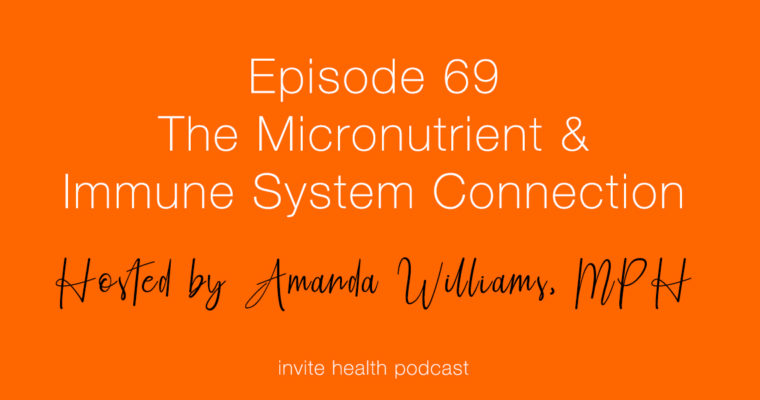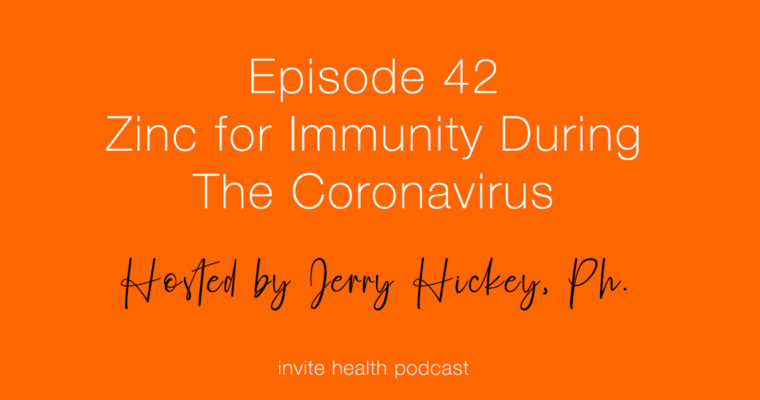With the widespread of the Coronavirus, it seems that everyone is looking to stock up on products that can help them in the long run. The good news is that there are five essential immune-boosting nutrients that you should stock up on this season.
1. True by InVite® IMMUNITY
With so many immune-boosting products on the market, how do you know that the immunity product you’ve chosen is right for your needs? With TRUE by InVite® IMMUNITY, you don’t have to second guess your choice. This product is packed with the essentials – Calcium, Zinc, Potassium and 10-oranges worth of Vitamin C. It even comes in an effervescent packed that you can mix into a glass of water for an easy, quick immune-boost. Stick a packet in your bag and keep moving!
2. Zinc Picolinate
Zinc is an essential mineral required by the body on a daily basis. A sufficient amount of zinc is necessary for proper immune system function and numerous other vital body processes. Common food sources of zinc include oysters, oats, pumpkin seeds, eggs, nuts, meat and peas. According to several university research studies, zinc supplementation may be highly beneficial to boost immunity and support formation of healthy tissue.
Because no mineral can exist alone, InVite® Health formulates Zinc supplements in the Zinc Picolinate Supplement form, which is the most highly-absorbable chelate. Zinc’s absorption process into the body is complex, as it requires the zinc to pass through the intestinal membranes, into the blood stream, and finally into each individual cell. When taken in picolinate form, the body can more easily absorb zinc and reap its benefits more quickly.
3. Vitamin C
This Vitamin C Supplement (Ascorbic Acid) provides antioxidant protection and support for connective tissue and blood vessel health. Vitamin C is a water-soluble vitamin, meaning that your body does not store it. You must obtain this powerful antioxidant from food, including citrus fruits, broccoli, and tomatoes or a Vitamin C supplement on a daily basis.†
- Required for the conversion of protein to Collagen
- Helps protect the heart and artery walls, the health of the lungs, and a healthy immune system
- Required for the biosynthesis of L-Carnitine, which allows for the conversion of calories into energy
- Necessary for protecting vision during the aging process
- Interacts with Vitamin E to protect the brain
The National Nutrition Examination Survey found the prevalence of Vitamin C deficiency to be up 23% of the American population. Less than 18% of adults consume greater than 30mg per day of Vitamin C (half of the RDA).
4. Green Tea
Green Tea Extract, derived from the Camellia sinensis plant, has been used as a tonic in traditional Chinese and Japanese medicine for superior health and longevity for centuries. Green tea has a very high concentration of polyphenols and catechins, which gives it excellent antioxidant benefits. Black tea, the oxidized form of the same plant, is also a known source of polyphenols and thermogenic caffeine. Recent research has shown that daily consumption of organic green tea extract that contains at least 90mg of Epigallocatechin Gallate (EGCG) increases fat oxidation and contributes to a reduced body fat.*
InVite® Health’s Green Tea Hx® supplements provide a potent blend of Black and Green Tea extract, polyphenols, EGCG, and theaflavins (antioxidant polyphenols formed during the fermentation of black tea). Green Tea extract, with the addition of Vitamin C, provides cellular antioxidant protection and may help improve energy and endurance. Green tea has been shown in numerous studies to boost immunity.
5. Probiotic Hx
Research has shown that a certain amount of “good” bacteria in your intestines is necessary for proper digestion and overall health. The body needs certain strains of this healthy bacteria to counteract the negative effects of unhealthy bacteria in your system. Inadequate amounts of healthy bacteria in the intestines often lead to digestive problems such as bloating and gassiness.
InVite® Health’s Probiotic Hx® formula provides five different strains of healthy bacteria that thrive inside your body and work to fight off unhealthy bacteria. These bacteria are part of the normal microbiome of your bowels. Of the five bacteria strains Probiotic Hx® offers, LactoSpore® has been proven in human clinical trials to colonize and offer a wide range of health benefits for your digestive tract and general health. Probiotic Hx® contains 600 million CFU (0.6 billion) of LactoSpore®, a healthy bacteria strain that colonizes and multiplies into additional flora. Probiotic supplement supplies four other strains of healthy bacteria as well, with 2 billion CFU of each strain.
What are some of your favorite immunity nutrients? Leave a comment below to share!






